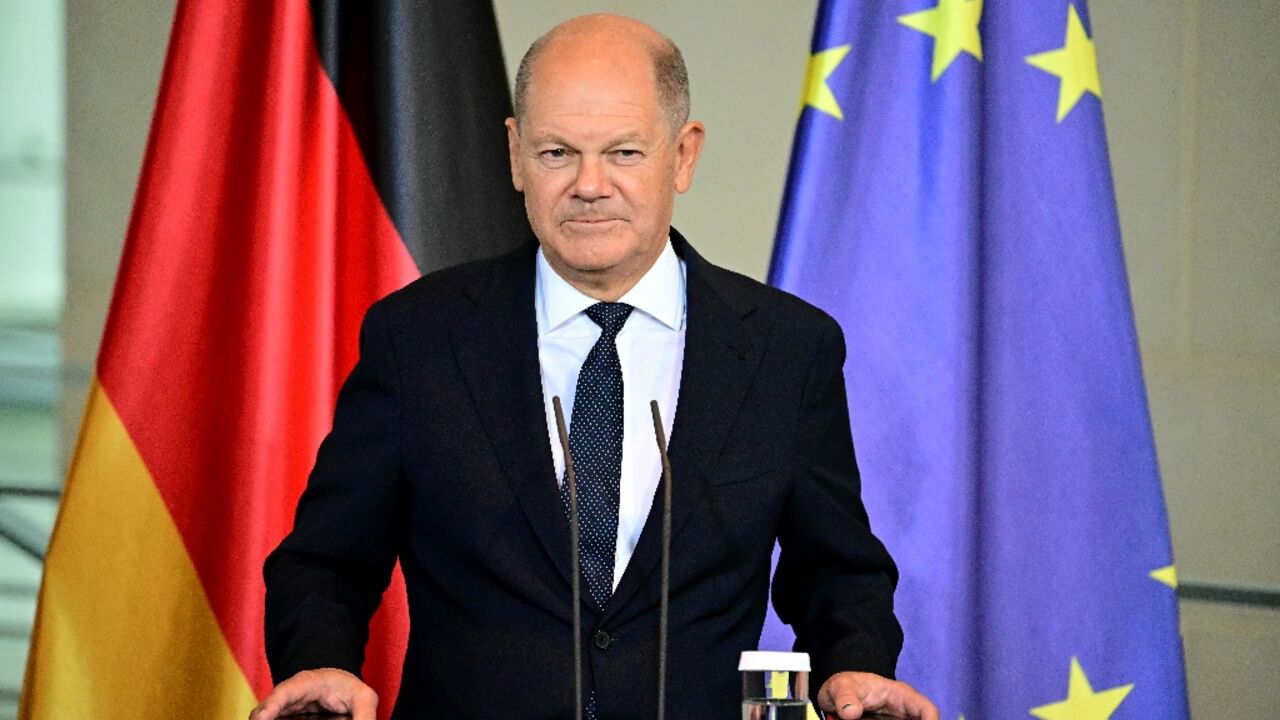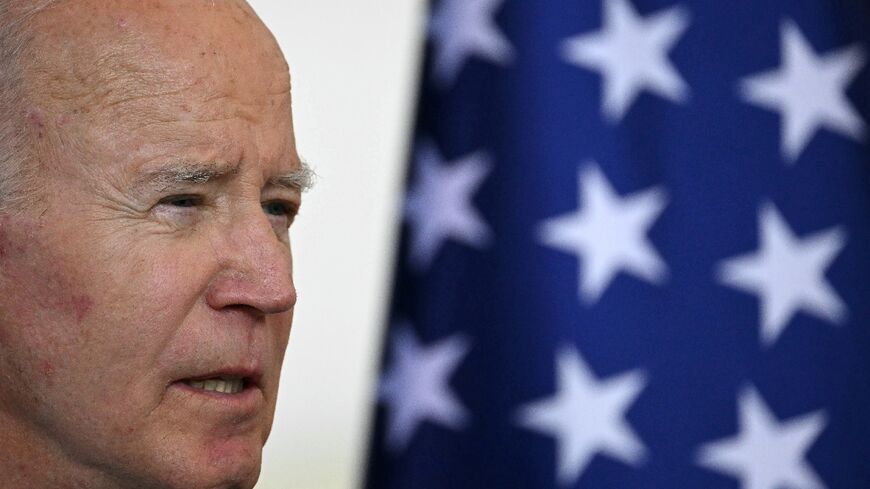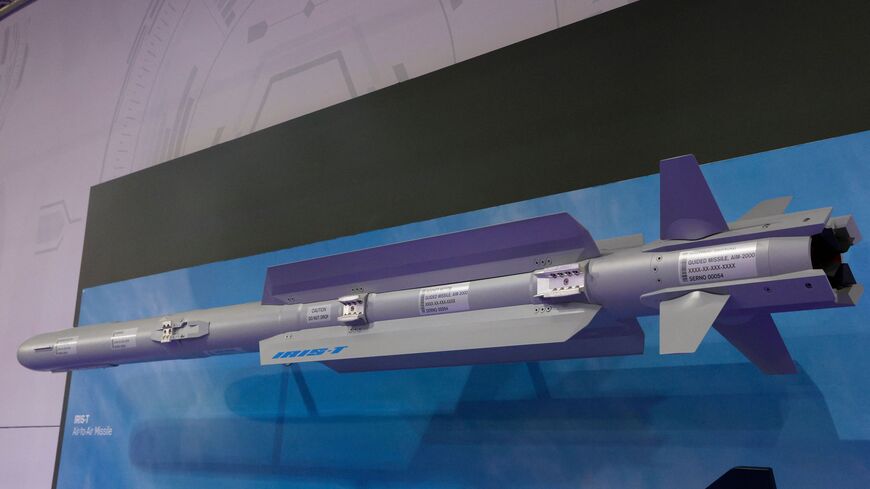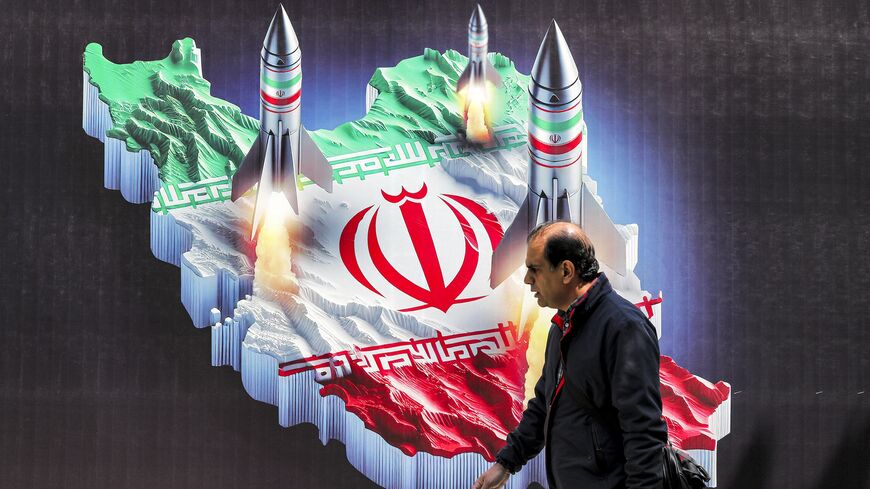Germany insists it won't give Ukraine long-range missiles

German Chancellor Olaf Scholz doubled down Friday on Berlin's refusal to send long-range missiles to Ukraine, even as other Western powers discussed allowing Kyiv more freedom to use such weapons.
"Germany has made a clear decision about what we will do and what we will not do. This decision will not change," Scholz said when asked about the issue at a press conference.
The leaders of the United States and Britain were due to meet Friday in Washington on whether to let Kyiv fire Western-provided long-range missiles into Russia -- an option that has sent tensions soaring with Moscow.
Prime Minister Keir Starmer's visit to President Joe Biden comes with Kyiv increasingly pushing for permission to use the weapons, and to secure Western help in shooting down Russian missiles and drones.
But Russian President Vladimir Putin has warned that giving Ukraine the green light to use long-range weapons would mean NATO was "at war" with Moscow.
The United States and Britain have provided Ukraine with ATACMS and Storm Shadow long-range missiles respectively.
However, Germany has repeatedly refused to send Kyiv its long-range Taurus missiles, over fears of escalating the conflict.
When asked earlier Friday about the talks in Washington, Scholz's spokesman Steffen Hebestreit said that "the weapons the US and Britain are now discussing" have a longer range than anything Germany had supplied.
German Defence Minister Boris Pistorius said that what the United States and Britain agree "remains their business", and added allowing Ukraine to strike targets in Russia would be "fully in line with international law".
Germany has been the second-largest contributor of military aid to Ukraine after the United States, but plans to halve its budget for that aid next year.
Scholz has been facing domestic pressure over the issue, with parties opposed to Berlin's support for Kyiv making major gains at key regional elections in early September.
However, the government has insisted it is "fully committed" to supporting Ukraine "for as long as necessary".



